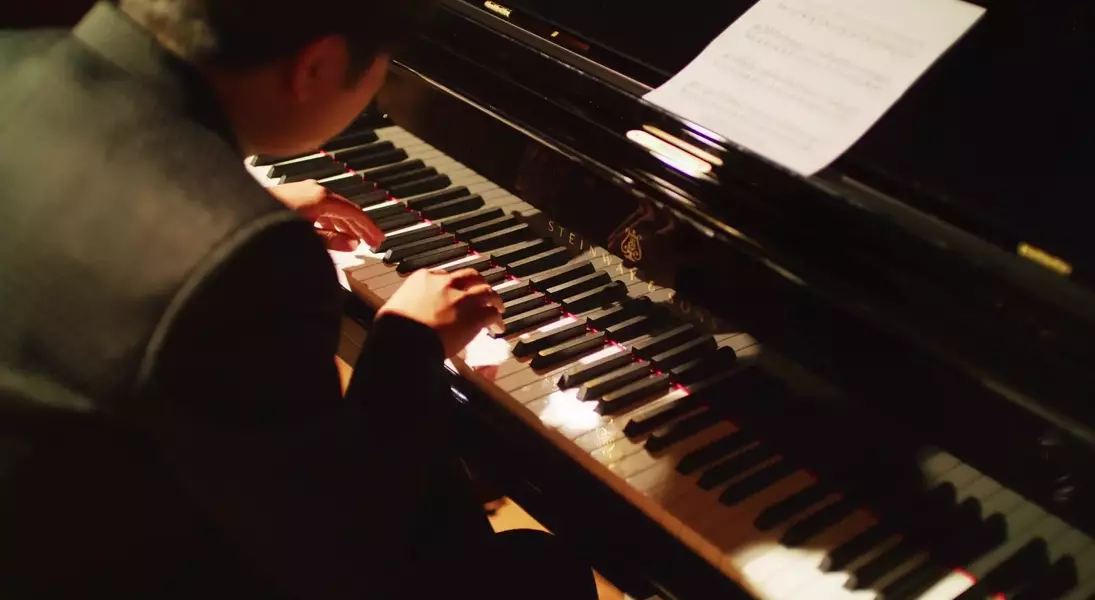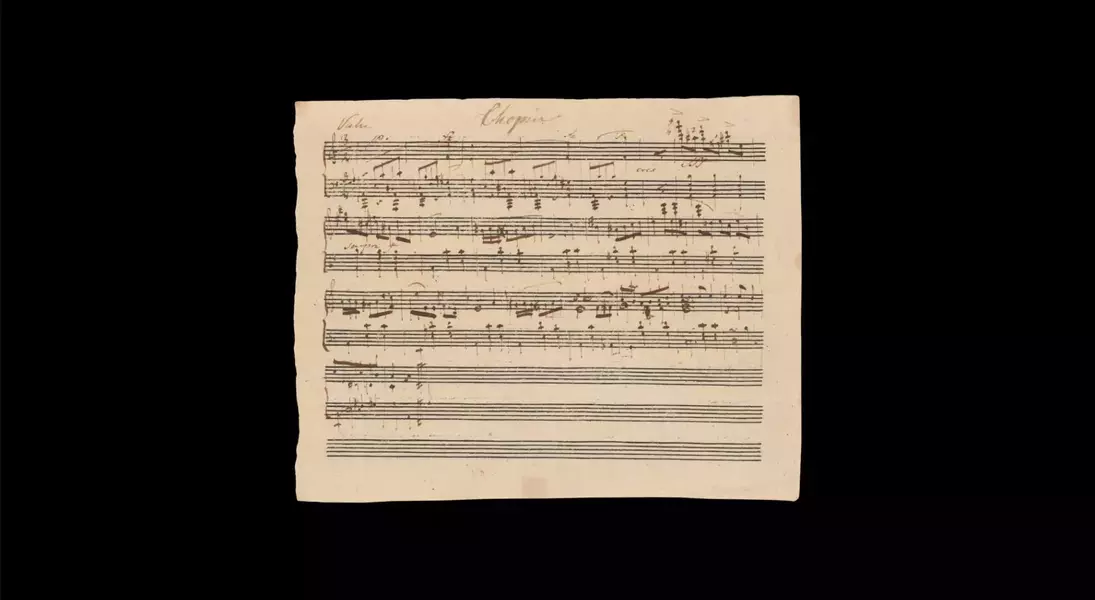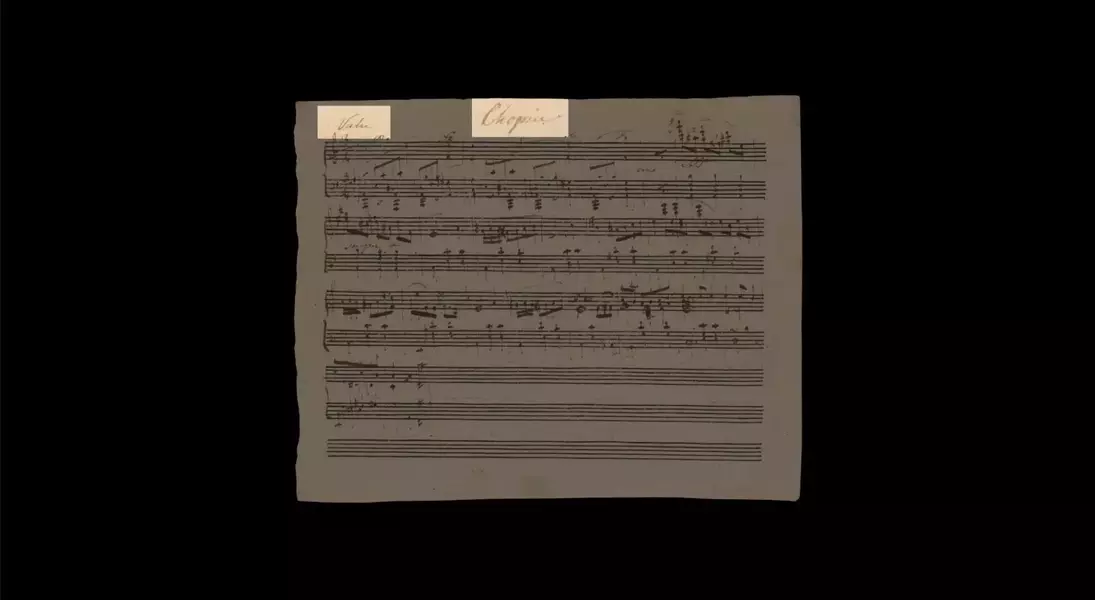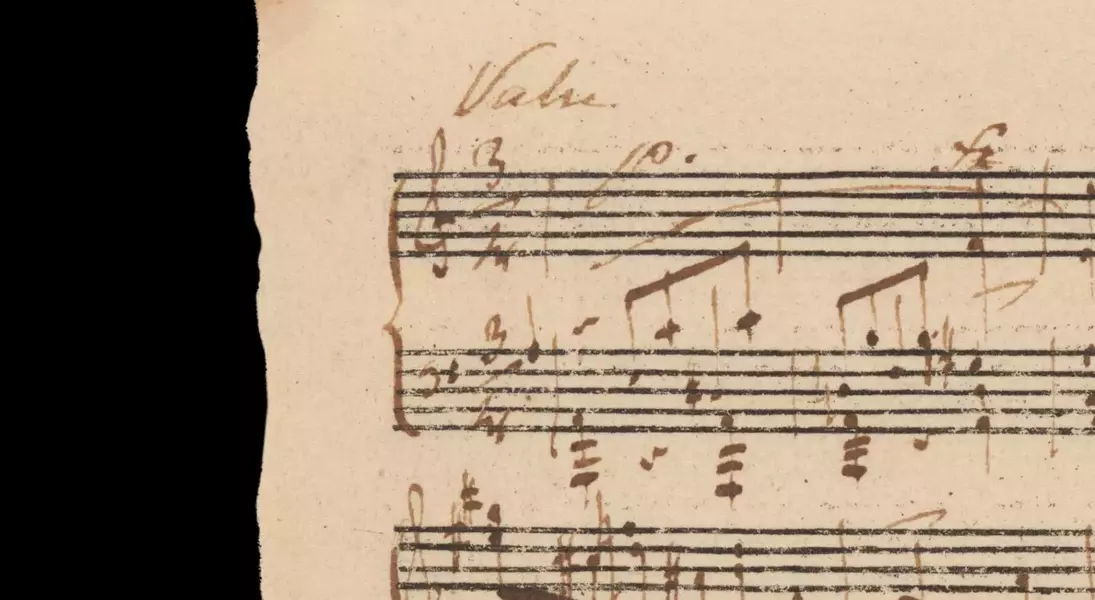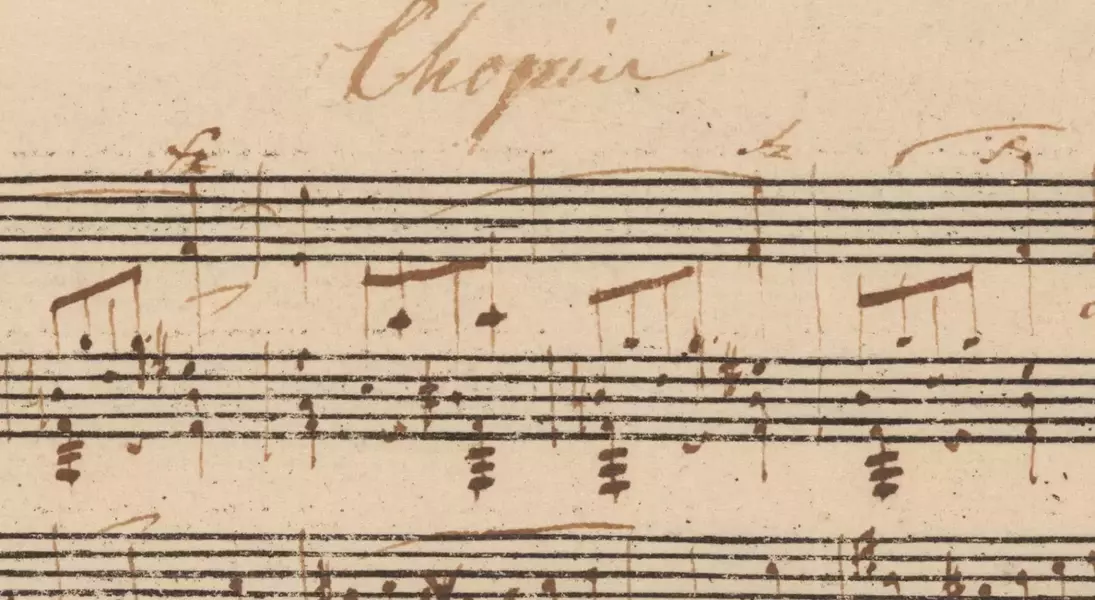In a captivating turn of events, the Morgan Library & Museum in Manhattan has uncovered what appears to be an unknown waltz composed by the legendary Frédéric Chopin. This remarkable discovery, the first of its kind in over half a century, has sent shockwaves through the classical music world, igniting a frenzy of excitement and scholarly intrigue.
A Serendipitous Find Sparks a Musical Mystery
The story began on a late-spring day, as the museum's curator, Robinson McClellan, was meticulously sorting through a collection of cultural memorabilia. Amidst the trove of postcards, photographs, and letters from renowned composers, McClellan stumbled upon a seemingly innocuous musical scrap, no larger than an index card. But as he examined the pockmarked parchment, a name jumped out at him: Chopin.Intrigued, McClellan snapped a photograph of the manuscript and took it home, where he played the unusual, dissonant waltz on a digital piano. The work was unlike anything he had heard from the great Romantic composer, and he immediately reached out to Jeffrey Kallberg, a leading Chopin scholar at the University of Pennsylvania, to seek his expert opinion.A Scholarly Confirmation and the Rigors of Verification
Kallberg's reaction was one of sheer astonishment. "My jaw dropped," he recounted. "I knew I had never seen this before." Intrigued by the discovery, the Morgan Library & Museum embarked on a meticulous process of verifying the authenticity of the manuscript.The team subjected the paper and ink to rigorous testing, analyzed the handwriting and musical style, and consulted a panel of outside experts. After months of painstaking investigation, the museum arrived at a momentous conclusion: the work was indeed an unknown waltz by Frédéric Chopin, a remarkable find that had eluded the classical music community for over half a century.Unveiling the Volcanic Waltz: A Departure from Chopin's Signature Style
The newly discovered waltz, marked "Valse" on the manuscript, immediately captivated the attention of musicians and scholars alike. Contrary to Chopin's typically elegant and refined compositions, this work was described as "unusually volcanic," opening with quiet, dissonant notes that erupt into crashing chords.This departure from Chopin's signature style has sparked a flurry of speculation and analysis. Musicologists and enthusiasts alike have pored over the score, seeking to unravel the mysteries and creative impulses that gave rise to this unexpected musical gem.Bringing the Lost Waltz to Life: A Virtuosic Performance
To commemorate the momentous discovery, the Morgan Library & Museum invited renowned pianist Lang Lang to perform the newly unearthed Chopin waltz at Steinway Hall in Manhattan. The virtuosic performance, captured on video, has since been shared with the world, allowing music lovers to experience the raw power and emotional depth of this long-lost composition.The performance has been hailed as a triumph, with critics and audiences alike marveling at the work's striking originality and the pianist's masterful interpretation. The unveiling of this hidden treasure has undoubtedly left an indelible mark on the classical music landscape, sparking a renewed appreciation for the enduring genius of Frédéric Chopin.The Significance of the Discovery: Expanding the Chopin Canon
The discovery of this unknown Chopin waltz is a testament to the enduring fascination and scholarly dedication surrounding the composer's life and work. For decades, musicologists and enthusiasts have scoured archives and private collections, hoping to uncover previously unknown compositions that could shed new light on Chopin's creative process and the breadth of his artistic output.This latest find is a remarkable achievement, as it represents the first such discovery in over half a century. The implications of this discovery are far-reaching, as it not only expands the Chopin canon but also offers a tantalizing glimpse into the composer's creative mind, challenging our preconceptions and inviting us to reevaluate our understanding of his artistic legacy.As the world eagerly awaits further analysis and performances of this lost waltz, the Morgan Library & Museum's remarkable find has undoubtedly cemented its place in the annals of classical music history, a testament to the enduring power of musical discovery and the endless fascination with the genius of Frédéric Chopin.